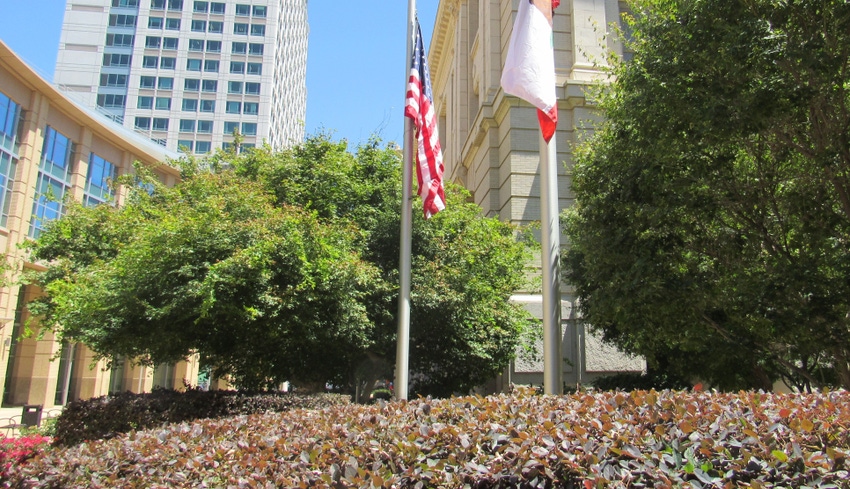
Pulitzer Prize-winning newspaper columnist George Will thinks he has a finger on what is behind the current cultural and political divide in America. He points to postmodernism, which holds, with philosopher Friedrich Nietzsche, that there is no objective truth but only alternative “narratives” about reality.
As such, Will posits, soon-to-be-former President Donald Trump and his detractors have a mental kinship.
“They consciously, and he by cultural osmosis, are participants in the postmodern rejection of reason,” Will wrote. In this world, attempts at persuasion “are pointless” as “all disagreements are power struggles between identity groups,” he explained.
What inspires this mentality? In American Purpose, scholar Adam Garfinkle lists “the cacophony of zero-sum shouting between right and left extremes,” amplified by “clickbait-oriented commercial media” as one key cause.
I am certainly no George Will or Adam Garfinkle, but I explored this sense of tribalism and its amplification in a late 2019 commentary, in which I argued that most Americans get along better than do the politicians and media pundits who have a vested interest in stoking conflict for fundraising, for TV ratings or to help their political allies.
As evidence of this, I cited two experiences I’d had recently – getting a warm welcome from black Mississippians during a trip there, and having a scintillating four-hour discussion with a young Uber driver from Portland, Ore. I also noted constructive exchanges I’ve seen and heard between growers and members of the environmental or animal-welfare communities.
Unfortunately, the COVID-19 pandemic made such interactions more difficult to achieve, as we were all pushed deeper into the online world with all its imperfections. Arguments over lockdowns, mask mandates and other government responses erupted on social media and cable news, and we lacked the human interaction that used to reassure us that reality was somewhere in between the two extremes.
As much as Zoom, YouTube and shopping apps have made our lives manageable these last 11 months, they’re no substitute for face-to-face, human interactions and deeper conversations that are as important to the human psyche as food is to the body. According to a recent study published in the journal Psychological Science, the happiest people are those who have the most meaningful conversations.
I think most Americans have forgotten, or never learned, how exhilarating it is to try to reach common ground with people of radically different backgrounds or beliefs. The give-and-take that invariably occurs in these conversations produces a sense of accomplishment that webinar Q&A’s and “likes” on Facebook just can’t replicate. It’s within the melding of competing “narratives” that we begin to fathom the objective truth that Nietsche and others found so elusive.
As the events of recent weeks have caused many Americans to rethink the role of the virtual world in their lives, let’s hope the ancient arts of conversation and collaboration see a revival. If they do, the American ideal will survive another day.
About the Author(s)
You May Also Like






